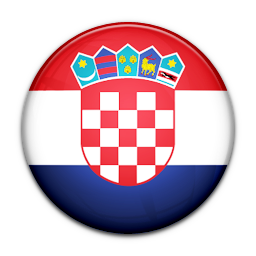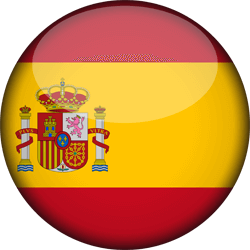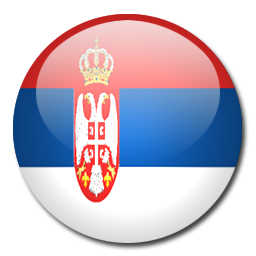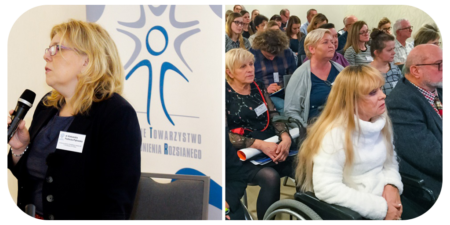
EMSP Members’ Corner: MS News from Poland, Lithuania, Spain and Portugal
21.12.2018Polish MS Society’s conference about rehabilitation
For many years, the Polish MS Society has been actively involved in facilitating access to rehabilitation for people with MS. Furthermore, they were vigorously influencing changes to the existing rehabilitation system in Poland. Their effort aims to provide the most efficient and tailored rehabilitation process for patients. As a result, they wish to significantly improve the quality of life of those affected with MS.
To highlight the importance of this issue, the MS society in Poland organized a two-day conference under the theme “MS rehabilitation and treatment” at St. Hildegarda’s Rehabilitation Institute in Falenty.
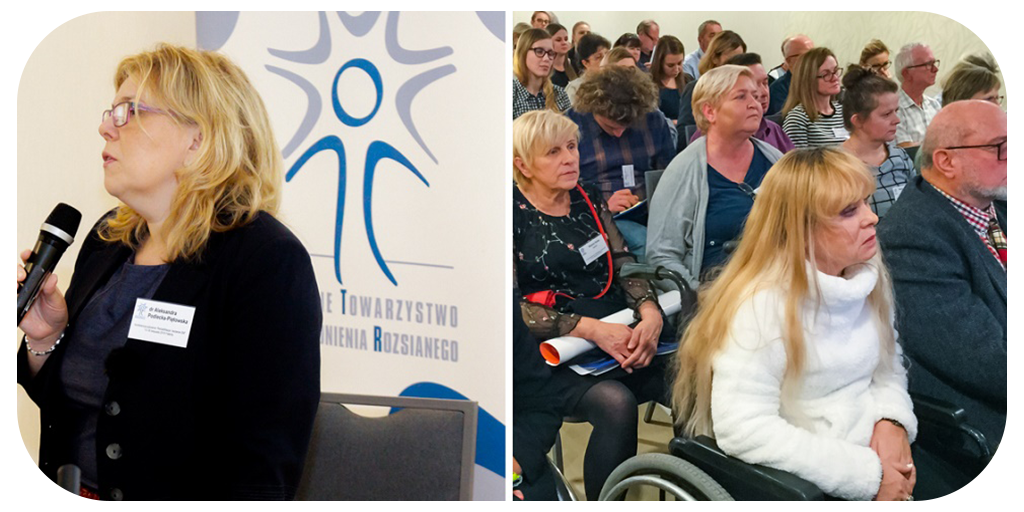
The main idea was to discuss previous changes, as well as future challenges. However, the major goal was to talk about the golden standards that should be an indispensable part of the rehabilitation. To assure that the conference addresses all those issues properly and in the most comprehensive way, the invited participants and speakers were representing various stakeholders:
- people with multiple sclerosis;
- neurologists;
- physiotherapists;
- members of MS societies.
A short presentation, prepared by Daphne Kos (Vice-President of RIMS) was featured about the rehabilitation in the European context. Other topics discussed, among others, were: MS treatment, RIMS guidelines, and the rehabilitation process from a patient’s perspective. For the purposes of increasing outreach, the conference was recorded and transmitted in live via the Facebook channel of the organization.
ZMOBILIZOWANI.SM Café
In a joint initiative, the Polish MS Society, together with Twardziele SM – a group of young people with MS from Poland – launched a Polish version of the project, that was firstly initiated by MS Ireland, called “Zmobilizowani.SM Café” (“Mobilized.SM Café”).
This activity combines a bus and a coffee shop. A rare combination that enables visitors to experience how it feels to live with MS. The menu card is becoming blurry, the table and even the floor are not stable any more. On the other hand, visitors can also consume a delicious coffee served by professional baristas.
The main aim of this project is to raise social awareness and to educate society about the fact that MS is not a homogeneous disease. It also fights misconceptions about this chronic illness and reveals the challenges people with MS face day by day.
The bus visited 5 Polish cites, namely Gdynia, Warsaw, Lublin, Łódź and Katowice. Among others, the Polish National Health Fund (NFZ), the Commissioner for Patient’s Rights and the Parliamentary Team for MS have graciously sponsored this initiative.
Roundtable discussion in the Lithuanian Parliament about MS
In a joint effort, the Lithuanian Health Affairs Committee, together with the Lithuanian Multiple Sclerosis Union organized a roundtable discussion on December 7th about the daily routine of people with multiple sclerosis and the challenges of their everyday life. Such an occasion offered a great opportunity to exchange ideas on a high level about people with MS in Lithuania.
This discussion brought together members of the Lithuanian Parliament’s Health Affairs Committee, representatives of the Ministry of Health, Department of Public Health, National Health Insurance Fund, Disability and Working Capacity Assessment Office, Department of Disability Affairs, neurologists from the MS Centre of Lithuania and 50 people with multiple sclerosis from all over the country.
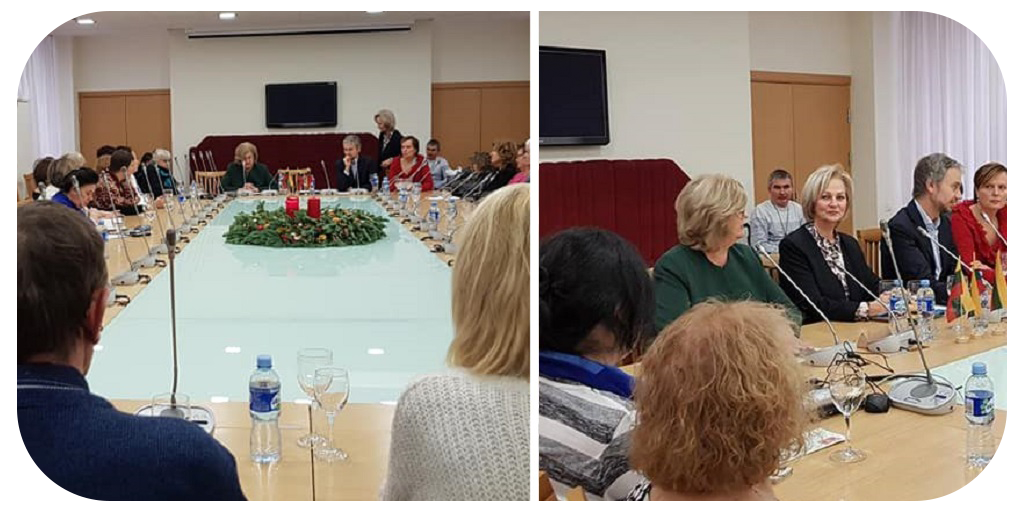
Targeted feedback and in-depth discussion were the main objectives of the organizers. They wished to get clear responses concerning treatment, rehabilitation, measuring disability degree and social services.
Patients with MS were willing and eager to share their everyday life experiences with policy makers and other stakeholders. These efforts seek to improve conditions for people affected by MS in the country.
Although the legal framework is suitable to the expectations, it takes too long until decisions reaches to the direct executor. In other cases they are not interpreted accordingly. The Lithuanian MS Society received several positive feedbacks from the public after this event. Driven by that, they are willing to fight to further improve the quality of life of people with MS.
Spain claimed the recognition of the 33 percent degree of disability for people with neurodegenerative diseases in the Congress of Deputies
In Spain, the assessment and recognition of a disability is a long administrative procedure. A specialised team consisting of a doctor, a social worker and a psychologist assesses – upon request – the ability of the person to carry out the basic and instrumental daily activities on their own.
To be considered a person with a disability, the recognition must be equal to or greater than 33% degree of disability. Disability recognition is an essential prerequisite for access to the social safety net.
On December 17 representatives of Multiple Sclerosis Spain (EME) delivered 180,000 signatures in support of the 33%NOW initiative to the Spanish Ministry of Health. Afterwards, the Neuroalliance – a Spanish umbrella patient organization – raised the voice of people with neurodegenerative diseases in the Congress of Deputies through testimonies of affected people and a historical review of all the parliamentary support obtained to date. Even though concrete actions were not immediately achieved, the Spanish Ministry of Health reiterated its support to a new scale and/or better assessment to improve the social protection of people with neurodegenerative diseases such as Multiple Sclerosis in the country.
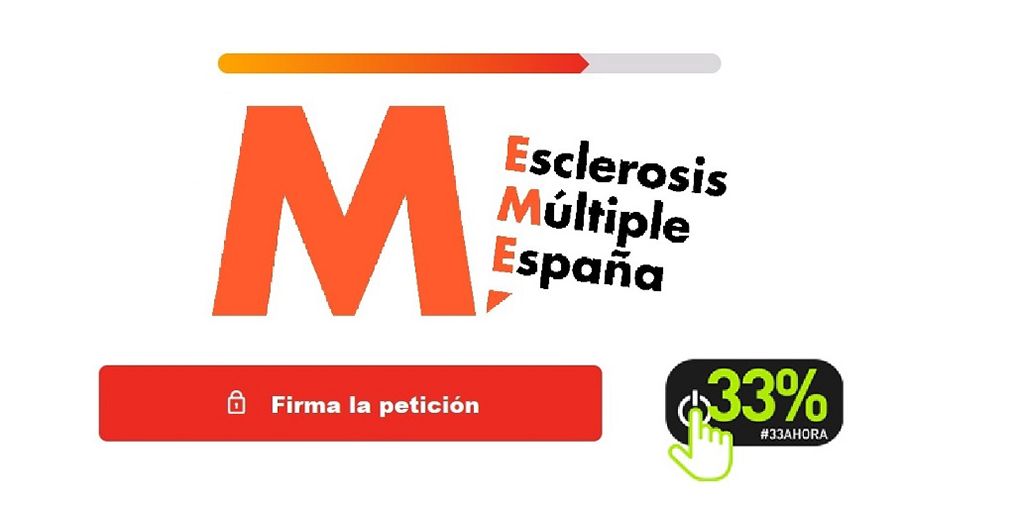
Crossing half of Europe on a bicycle to raise awareness about Multiple Sclerosis
Filipe Gaivão, a Portuguese cyclist, will cross half of Europe on a bicycle to raise awareness on Multiple Sclerosis. This journey will last for 19 days, beginning on May 8 in Amsterdam and ending on May 26 in Lisbon.
He has already achieved similar challenges to support social causes and this time he will be joining the international MS movement. This initiative tends to draw the attention to the existence and the impact of this disease. In addition, it aims to highlight the needs of affected people and to underline the importance of social inclusion.
The Portuguese cyclist will ride about 2300 kilometres, passing cities such as Antwerp, Brussels, Paris, Bordeaux, San Sebastian, Burgos, Valladolid, Salamanca and Santarém.
National MS organizations will receive and support Filipe during his trip. Stay tuned and follow @SPEM.portugal on Facebook and Twitter for updates!
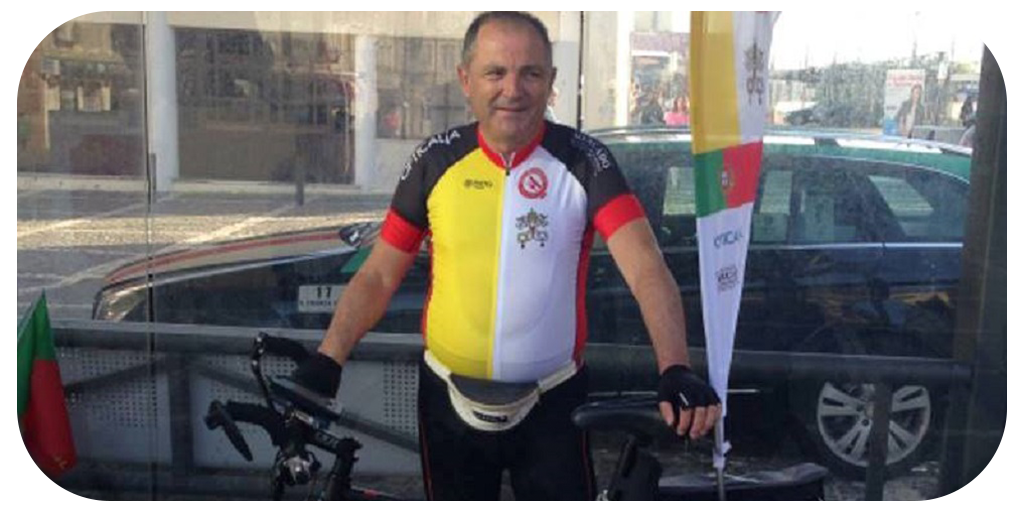
This article is now available in seven (7) different languages:
We would like to hereby express our gratitude to Wouter Marijsse (Belgium), Patrik Puljic (Croatia), Tamara Dugalic (Serbia), Krystalenia Ampreou (Greece) and Mate Tagaj (Hungary) for the invaluable support with the translations of this article.
If you would like to help us translate this article into other languages, please contact mate.tagaj@emsp.org!
 Your Account
Your Account
